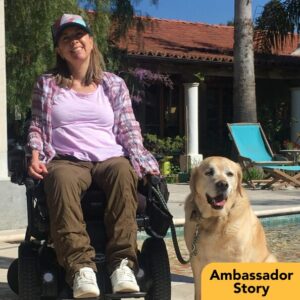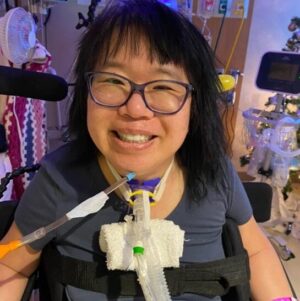Transplant care teams give living donors and transplant candidates psychosocial assessments to determine whether or not they are ready to move forward. Here are answers to your burning questions about pre-transplant assessments from Laurie McDonald, a clinical social worker and case manager for the UNC Center for Transplant Care.
Why do transplant candidates need to go through a mental and emotional assessment?
Getting a transplant kicks off a lifelong journey. It’s not a moment in time. The purpose of the psychosocial assessment is to make sure that transplant candidates have a support system in place, the emotional hardiness to handle the journey and the incredible stress associated with it, and the financial means to avoid devastation.
I tell people they will need to take care of their BMW: Body/Mind/Wallet. Be adherent to your medical regimen; be diligent with exercise and medications. Depression and anxiety rates tend to be higher for people diagnosed with end-stage organ diseases. As a result, some people may need to use tools to improve their mood before they are mentally and emotionally prepared for the transplant process.
Are there any ‘red flags’ that may emerge during the transplant assessment?
Whether I’m speaking to a young adult or a senior, some people come to me with a feeling of invincibility and have a very hard time believing that there are legitimate health risks associated with the transplant that might impact their lives. That can apply to any candidate or donor who walks through the door. Some people do not have the resolve to commit to a lengthy period of recovery and self-care, including managing diet, exercise and follow-up appointments. On the other hand, if a potential living donor is in fantastic shape and is a dedicated and avid exerciser, that person may need to truly consider what it will look like and feel like if they have to limit their activity after the procedure.
If people come to me and cannot tell me what the risks of transplant are in their own words, whether financial or health-related, I provide education and do NOT sign off on transplantation or living donation until the patient can do so. One of my jobs is to make sure that there is informed consent; the candidate must understand the transplant journey before signing off. That could take three or four sessions with me.
What do you consider when you speak with living donors?
I look at what living donors already know about the transplant process and the associated risks. Is the living donor making this decision on his or her own, or being pushed into it by someone else? Is the financial situation stable? Are there any potential dangers – emotionally, physically or financially – that may impact the process?
What financial considerations do you discuss with transplant candidates?
I have seen patients go bankrupt from a transplant. I don’t ever want to see that again. That’s why we carefully consider a transplant candidate’s financial circumstances during the psychosocial assessment. Usually a financial coordinator will be the one who lets people know what their insurance will cover and what they are likely to face as out-of-pocket expenses.
Can transplant recipients or donors do research ahead of time?
If you’re looking at websites that are affiliated with legitimate transplant centers or UNOS, that information is likely to be accurate and up-to-date. Some people will come to me and say, “I saw a transplant on TV once, so I know what to expect.” TV shows and websites can create a negative and inaccurate picture of the transplant process very easily. It’s important to get your information from a reliable source. There is a lot of information out there, but there is also a lot of misinformation.
Are there other places online where candidates or donors can find support?
I’ve heard from patients that it can be beneficial to join transplant mailing lists or social media support groups. Take what you read on these networks with a grain of salt: some people come to these sites with an agenda or an axe to grind. At the same time, however, these support groups may become a very valuable part of your transplant journey. Mentoring can be emotionally uplifting, particularly when even your close friends and family members can’t fully comprehend what you’re going through. Talk to someone who gets it.
If you have additional questions about transplant assessments, reach out to us on Facebook or on Twitter. Thank you for your insights, Laurie!











